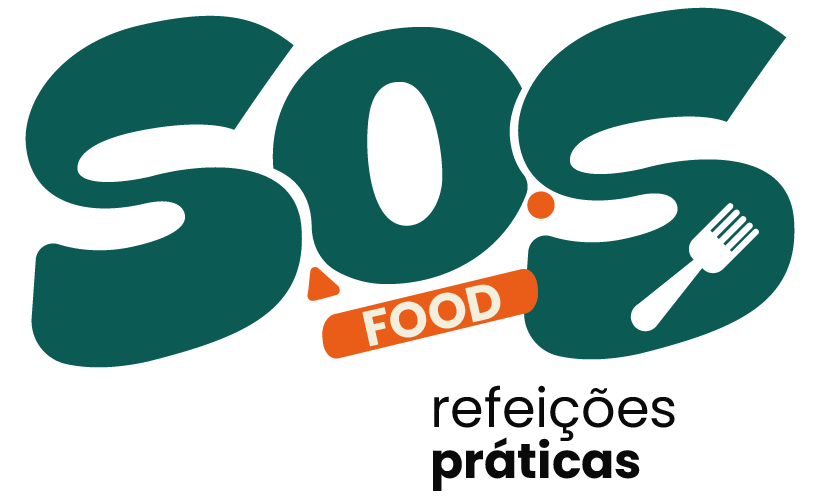.jpg)
Here are three commonly used process costing methods to arrive at production costs over an accounting period that reflects in financial statements. On the other hand, process costing aggregates costs over a continuous production cycle. Instead of tracking costs for individual jobs, process costing focuses on assigning average costs to each unit produced during a period.
.jpg)
Operation cost in batch manufacturing
As industries evolve and technology advances, the principles of process costing remain relevant, adaptable, and crucial for competitive advantage. At its core, process costing is about dividing the total production cost of a manufacturing process into smaller parts to determine the cost per unit. This approach is particularly useful in industries where products are more or less indistinguishable from one another. While the service industry does not produce physical products, it can use process costing to calculate the cost of services. Service providers can break down the production process into individual steps and assign costs to each step to calculate the service cost.
- If a manufacturing unit is manufacturing two or more products, which are quite dissimilar to each other, weighted average method is used.
- This ensures that the cost of each product is calculated correctly, leading to accurate pricing decisions.
- By offering a method to systematically assign costs to units of output, it helps companies to better understand their cost structure, improve operational efficiency, and enhance decision-making.
- This percentage is a key part of the calculation to assign costs to work-in-process inventory, and so can be used to shift costs into or out of the current period to modify reported levels of profitability.
- Reporting tools allow contractors to evaluate project profitability and share data with stakeholders.
Challenge 4: Tracking Indirect Costs
Process costing is appropriate for companies that produce a continuous mass of like units through series of operations or process. Also, when one order does not affect the production process and a standardization of the process and product exists. However, if there are significant differences among the costs of various products, a process costing system would not provide adequate product-cost information. Costing is generally used in such industries such as petroleum, coal mining, chemicals, textiles, paper, plastic, glass, food, banks, courier, cement, and soap. Hybrid process costing combines elements of both single and multiple process costing.
Financial Planning and Analysis (FP&A)
This method is helpful for manufacturers with a well-established production process and can accurately predict the cost of production. The standard cost method involves calculating the cost of each production stage based on the expected cost of labor, materials, and overhead. These expected costs are determined by creating a budget or standard for each production stage.
- Technology can be used to simulate different production scenarios and identify the most cost-effective approach.
- This understanding is crucial for accurately tracking and managing production expenses.
- Process costing is an accounting methodology that traces and accumulates direct costs, and allocates indirect costs of a manufacturing process.
- Process costing is a cornerstone in the accounting for manufacturing operations, especially those that mass-produce similar or identical products.
- Both process costing and job costing have their respective advantages and applications based on the nature of the business and production processes involved.
Process costing is a method used by businesses to calculate the total production costs of goods or services in a continuous manufacturing environment. It involves assigning costs to each stage of production, from raw materials to finished products, to determine the cost per unit. This approach is particularly useful for industries where products are produced in a continuous flow or where identical or similar products are produced in large quantities. Let’s delve into the concept of process costing, its key components, and provide examples to illustrate its application.
Accurate Cost Tracking
For example, managers using this system can assess profit margin by product and isolate problem products before they become major issues. Process Costing also allows companies to set prices according to production costs. Process costing is applied to determine the cost of production in industries where products pass through different phases of production before completion.
Technology can be used to integrate the cost accounting system with other systems, such as inventory management, financial reporting, and enterprise resource planning (ERP) systems. Integration with these systems can improve data accuracy, reduce data entry errors, and provide a holistic view of the manufacturing process. Technology can provide real-time cost tracking, allowing manufacturing companies to monitor production costs in real-time. Real-time cost tracking can help companies identify cost-saving opportunities and make more informed production decisions.
Process costing is generally used in industries that deal with chemicals, distilled products, canned products, food products, oil refineries, edible oils, soap, paper, textiles, and others. Loss of the same nature may be treated process costing definition as normal in some industries and abnormal in others. There may also be loss of a different nature, i.e., loss arising out of unexpected or abnormal conditions. Wages paid to the labourers and other staff engaged in particular process are charged to the concerned process. Sometimes, many workers are engaged in more than one process, the gross wages paid concerned are to be allocated on the basis of time spent.
© Accounting Professor 2023. All rights reserved
It is a crucial tool for manufacturers to calculate costs accurately and make informed pricing, inventory management, and profitability decisions. Process costing is a method wherein the products go through two or more processes. The costs are assigned/charged to individual processes or operations, averaged over the number of units produced during the said period.


